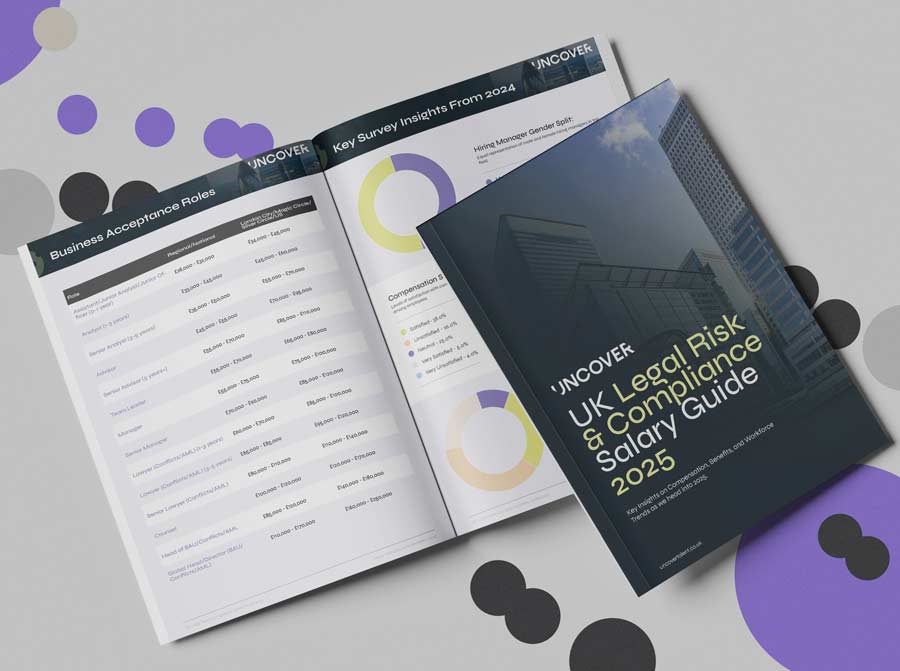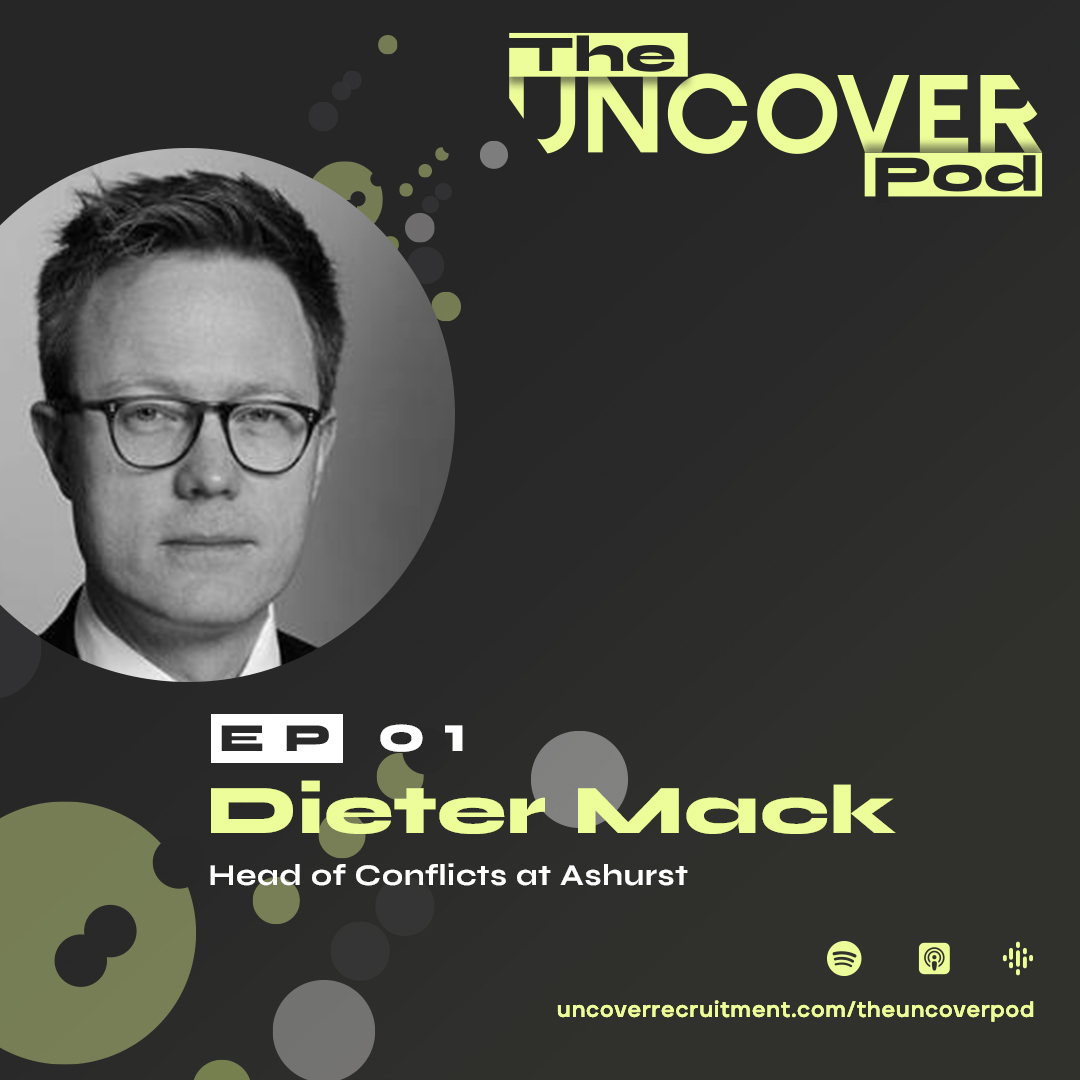Mentoring is pivotal in passing on knowledge in the legal risk and compliance sector. To help us explore that phenomenon, on Episode 19 of The UNCOVER Pod, I spoke with Pearl Moses, the Head of Regulatory Compliance at Setfords Law Ltd, about her experiences as a mentor. Here’s what she said:
Why are you invested in mentoring?
I believe that you should put your money where your mouth is. If you are passionate about something but aren’t prepared to invest in it, that feels like hypocrisy to me. If you’re passionate about something, you should be prepared to commit to it. I have to give kudos to my firm because I’m not the only one mentoring someone, there are about four or five of us doing this with that individual. There is that commitment, and we make the time. Each month, there’s a one-hour meeting and more touch points if they are relevant, to ensure that this individual is genuinely getting a beneficial mentoring experience.
My other mentee approached me and said, ‘I’ve been watching you attend a few things. Would you mentor me?’ And I said, ‘Well, what are you looking to achieve? Where do you want to go? What is it about me that you think would help you?’ When she told me, we were able to very carefully scope out what she was trying to do next and then put a timeframe on it. Everything should have a timeframe so that we don’t run out of steam or turn into friends. Not that there’s anything wrong with friendship, but there is a difference between friendship and mentoring.
What would your advice be for someone who is looking for a mentor?
My mom would always say to me, ‘If you don’t ask, you don’t get.’ The starting point for getting anything is to ask. But then again, who do you ask? My second mentee is a great example of that because sometimes people think, ‘I should get a mentor,’ but why? If you ask yourself why you want the mentor, then you will have an idea of what it is about that individual or type of person who could be a successful mentor for you. Identify what aspect of your journey they can help you with.
That’s what I’d start with, then I’d say go to the right place. Depending on who you are, where you are in your career, and where you are within an organisation already, you need exposure to your mentor before you reach out. Make time to attend professional gatherings. There are any number of professional gatherings, many of which are free. With my junior mentee, we have a schedule, and one of her objectives is a networking goal. She has to network with at least five people every two months just to find a forum to attend. If there’s something that I could invite her to, I do, but she has to find something too, and then she has to intentionally get to it and make sure that she’s making those contacts, having those conversations, and putting herself in the space where she can hear what people are talking about and what they’re interested in.
How do you manage accountability with your mentees?
It’s a mix because the starting point is goal setting. At the end of the day, you need to have had really good conversations where you are getting to know each other relatively well and have a clear picture of where the mentee wants to be. Then you can set a few goals – not crazy numbers but things that can actually be achieved. My mentee and I have about four goals, not more than that.
Next, you’ve got to set actions that will help them reach those goals. I’ll check back in periods for my junior mentees, so by the time we come to our next meeting, I will have an insight into their progress on those goals. That will usually be an insight into the activities and actions they were supposed to conduct. Now, if they’ve not conducted them, we will have a useful conversation about what happened, what were the blockers, and what got in the way. Sometimes, they’ve incidentally achieved another goal, or something else down the line, or they’ve learned something. It may still be effective progress. But if they’re saying something like it was too hard, then the question becomes, shall we revisit the original objective? Is that still the desired outcome? Because obviously, things change, if you’ve thought better of it now, having had more exposure, that’s fine, but let’s be honest about it.
To hear more from Pearl about mentoring, tune into Episode 19 of The UNCOVER Pod here.




